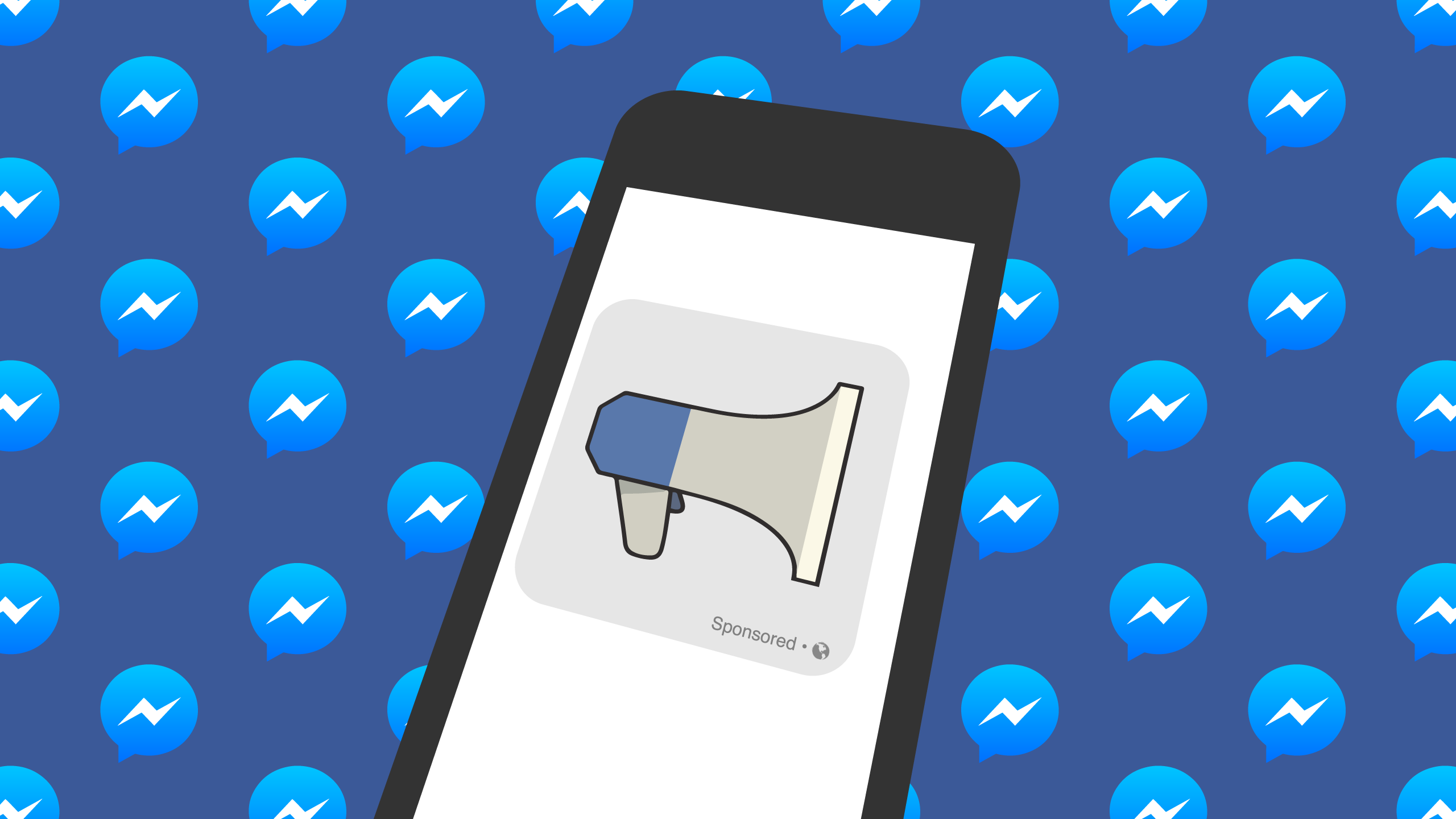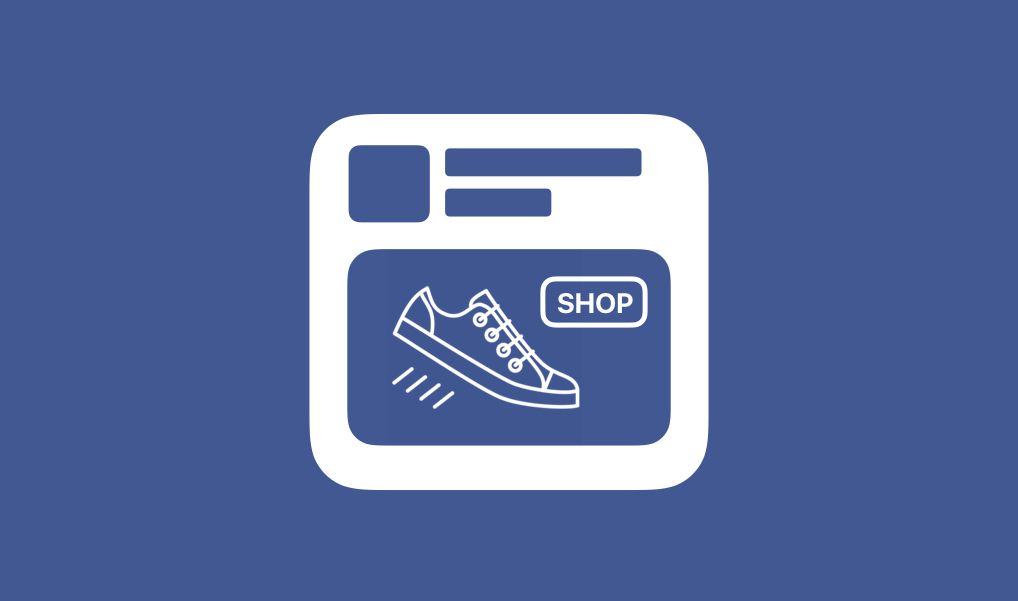
Facebook, like most other online platforms, is supported primarily through the sale of digital advertising. In the early days of the Internet, advertisers were essentially fishing with a blindfold on – they’d cast a wide net in the form of a static banner ad and hope the product or service they were pitching would be of interest to a site’s visitors.
These days, things are far more sophisticated as advertisers utilize all sorts of metrics to hone in on a very specific demographic – people that are more likely to be interested in their product or services. This targeted advertising is – at least, in theory – beneficial to both advertisers and consumers.
From the viewpoint of the advertiser, they’re not wasting money showing ads to people that clearly have no interest in their product or service. For the consumer, the argument is that you’ll be shown products or services that may actually be of interest to you.

The issue in recent years – and especially as of late given the recent Facebook data scandal involving Cambridge Analytica – is the question of how much data collection is too much.
In its continued campaign to quell privacy-related fears, Facebook has addressed data and advertising collection and sharing practices with a new entry in its Hard Questions series.
Penned by Rob Goldman, Vice Preside of Ads, the piece takes a deeper dive into Facebook’s policies as it relates to how much data advertisers know about its users. In it, Goldman outlines three ways that advertisers can reach you with ads on Facebook.
The first involves information you choose to share about yourself when using the social network such as your age, gender or hometown. Other data such as posts you like or articles you read can also be used to build a profile about you. For example, if a bike shop aims to target female cyclists in Houston, Facebook can show the company’s ad to women in the Houston area that visited or liked a page about bicycles. In this instance, Facebook provides the advertiser with reports about the types of people seeing their ad and how the ad is performing but not personally identifiable information about you.
Another method of advertising involves the advertiser bringing information about a customer to them. For example, if you made a purchase, an advertiser might have your e-mail address. Facebook can find accounts that match that data although it says it doesn’t tell the advertiser who matched.

Elsewhere, Goldman notes that some of the websites and apps you use may utilize Facebook tools to improve their ad campaigns. For example, if a retailer uses Facebook Pixel, they can have the social network show ads to people that looked at a certain style of shoe or those that may have placed a pair of shoes in their shopping cart.
In each instance, Goldman points out that Facebook users can visit the ad preferences section of Facebook to tweak settings. Here, you’ll be able to see the “interests” assigned to your account and remove them if you choose, view which advertisers have your contact information and are currently running campaigns, hide ads from certain businesses and even disable some shared data used in targeted ads.
Goldman also stresses that social media – not people – is Facebook’s product and points out that Facebook sells ad space on its platform much like TV, radio or newspapers do. It’s these targeted ads, Goldman says, that allow millions of small businesses to compete amid larger competitors and help non-profits link up with those interested in their cause.
Ultimately, you can’t opt out of ads on Facebook entirely but through the ad preferences section, you can exert some control over how your data is used to show you ads.
https://www.techspot.com/news/74275-facebook-shares-what-advertisers-know-about-you.html